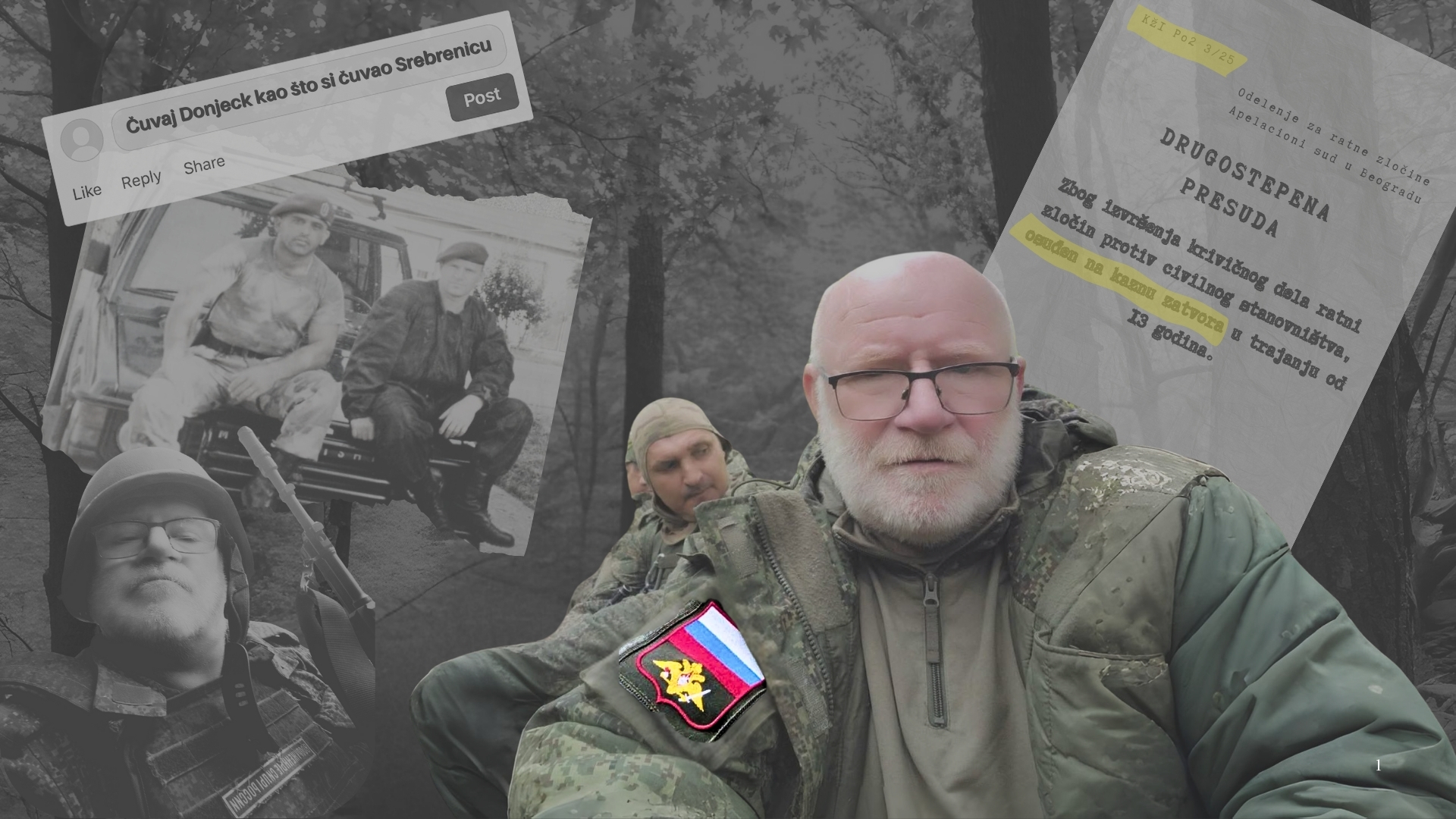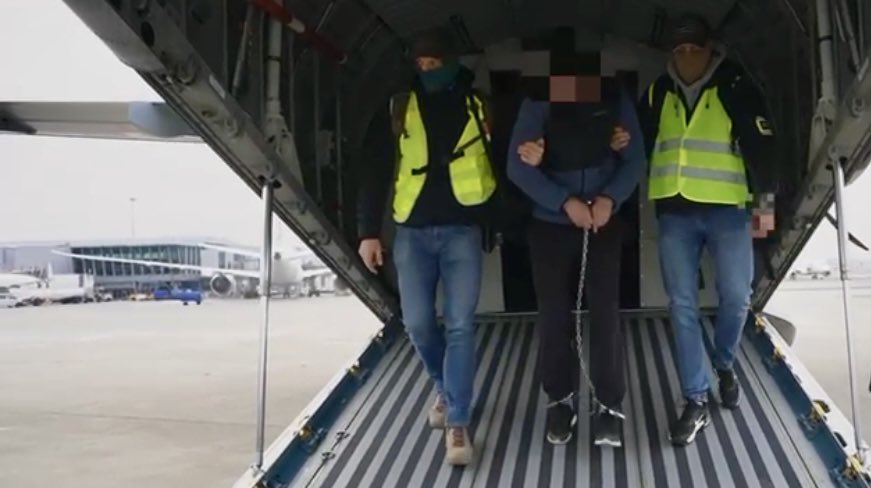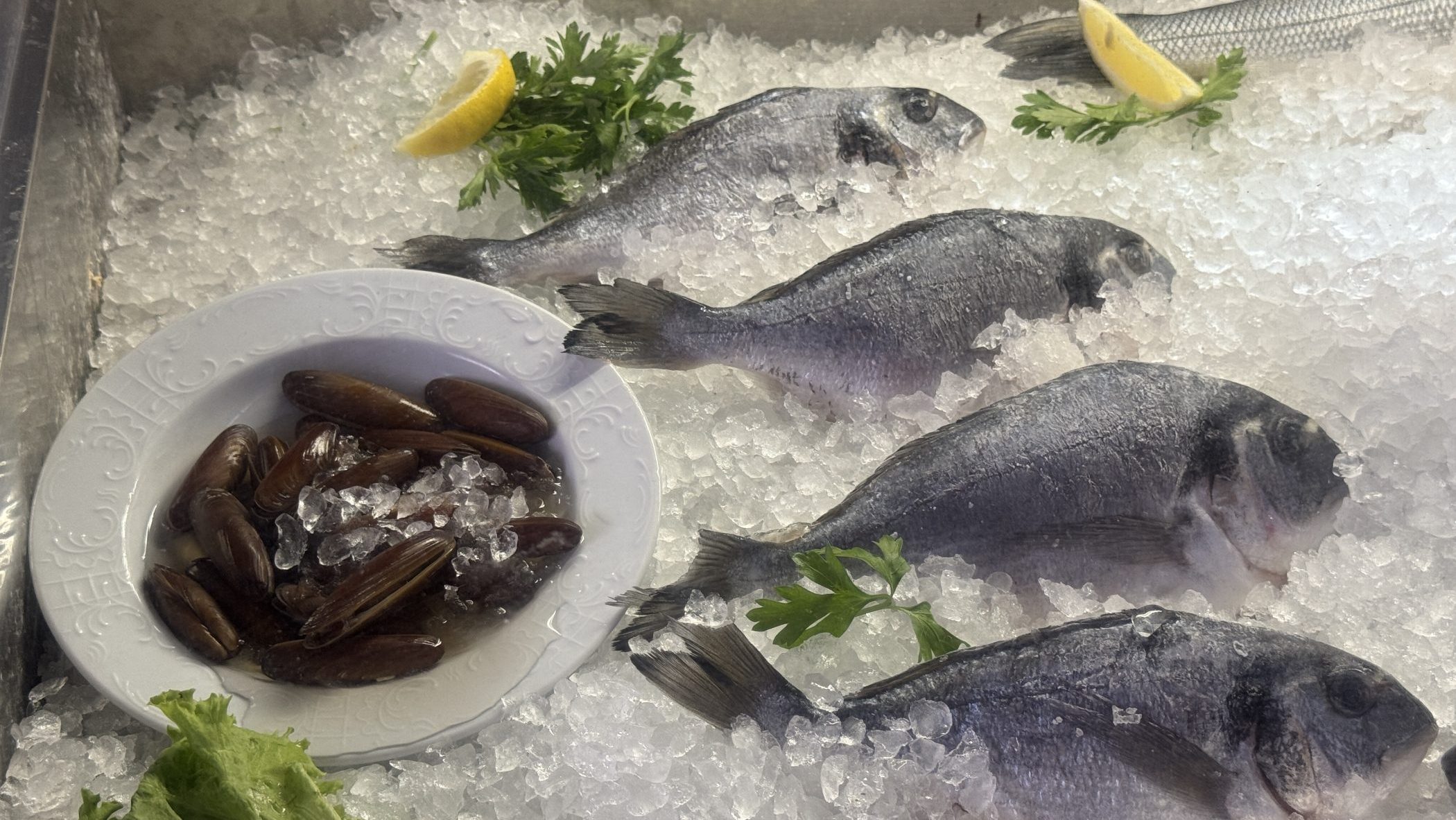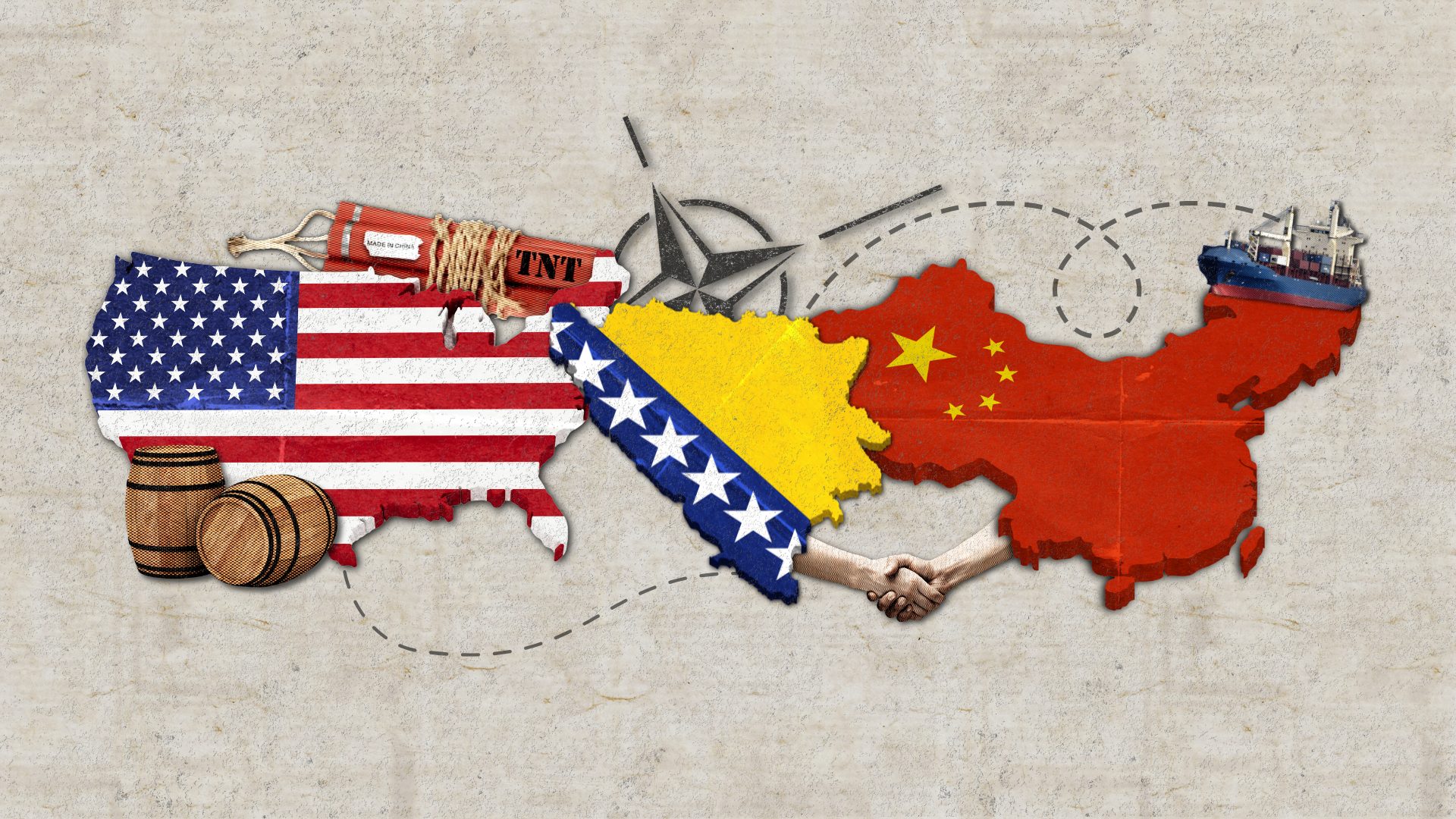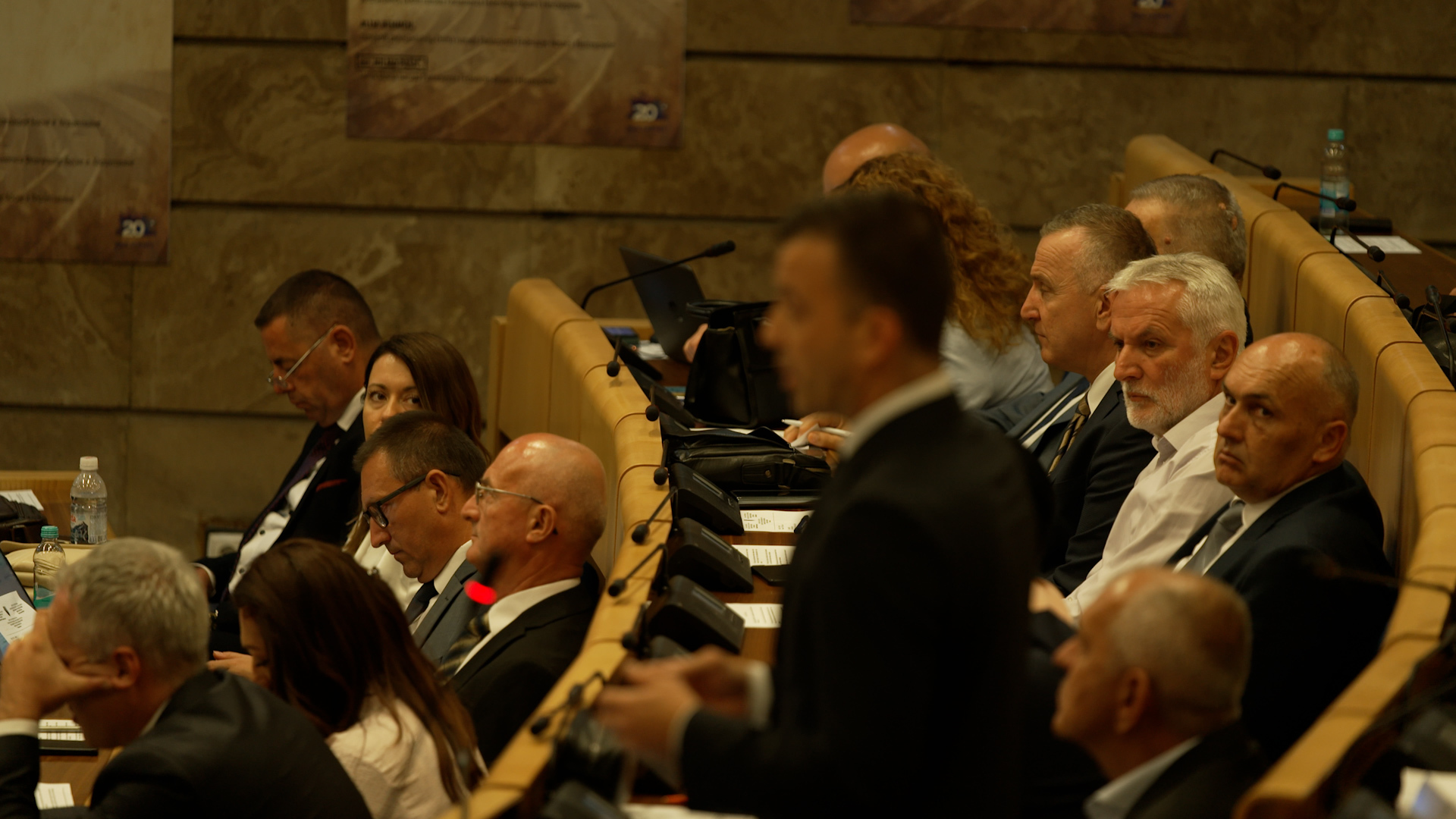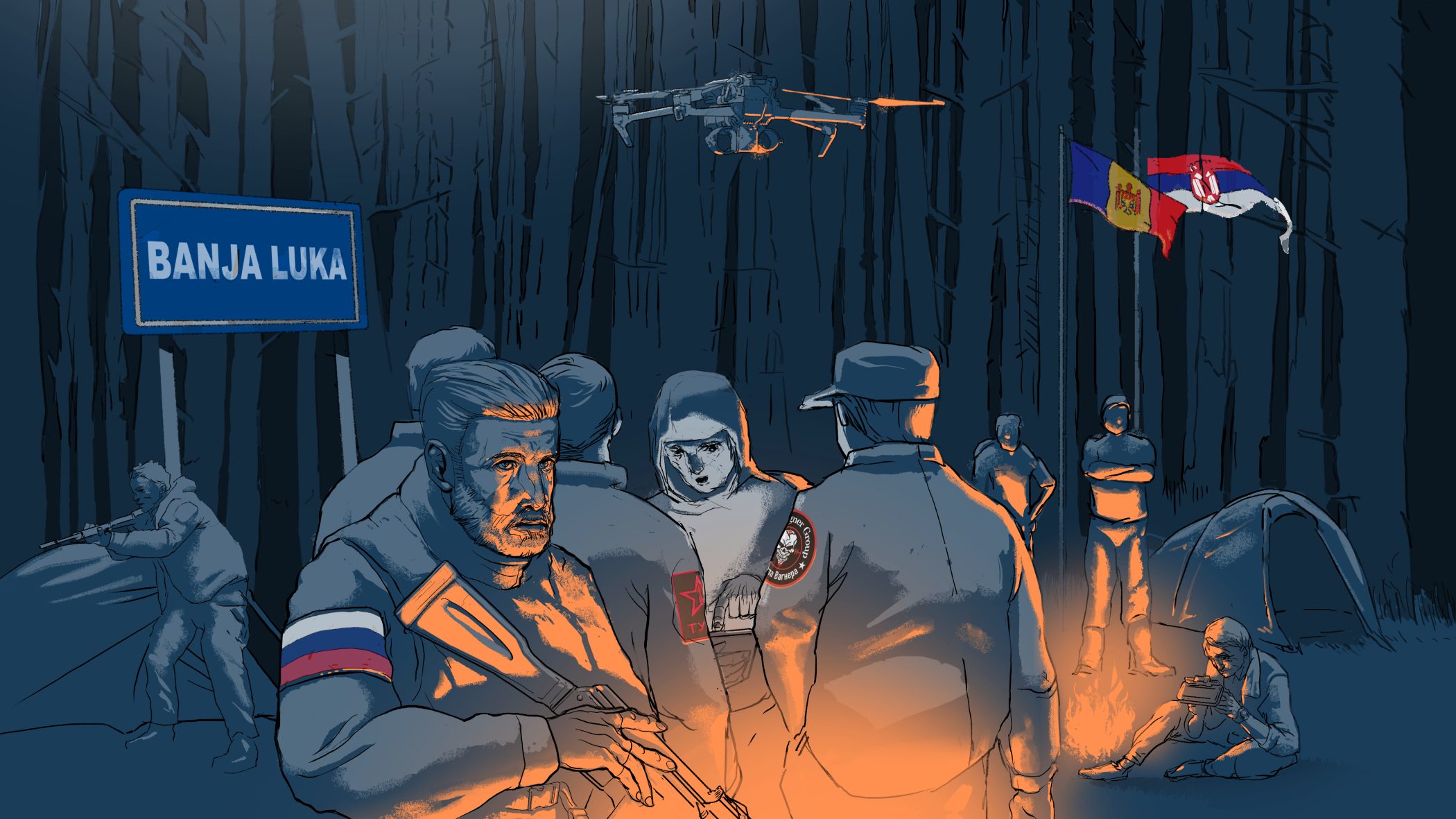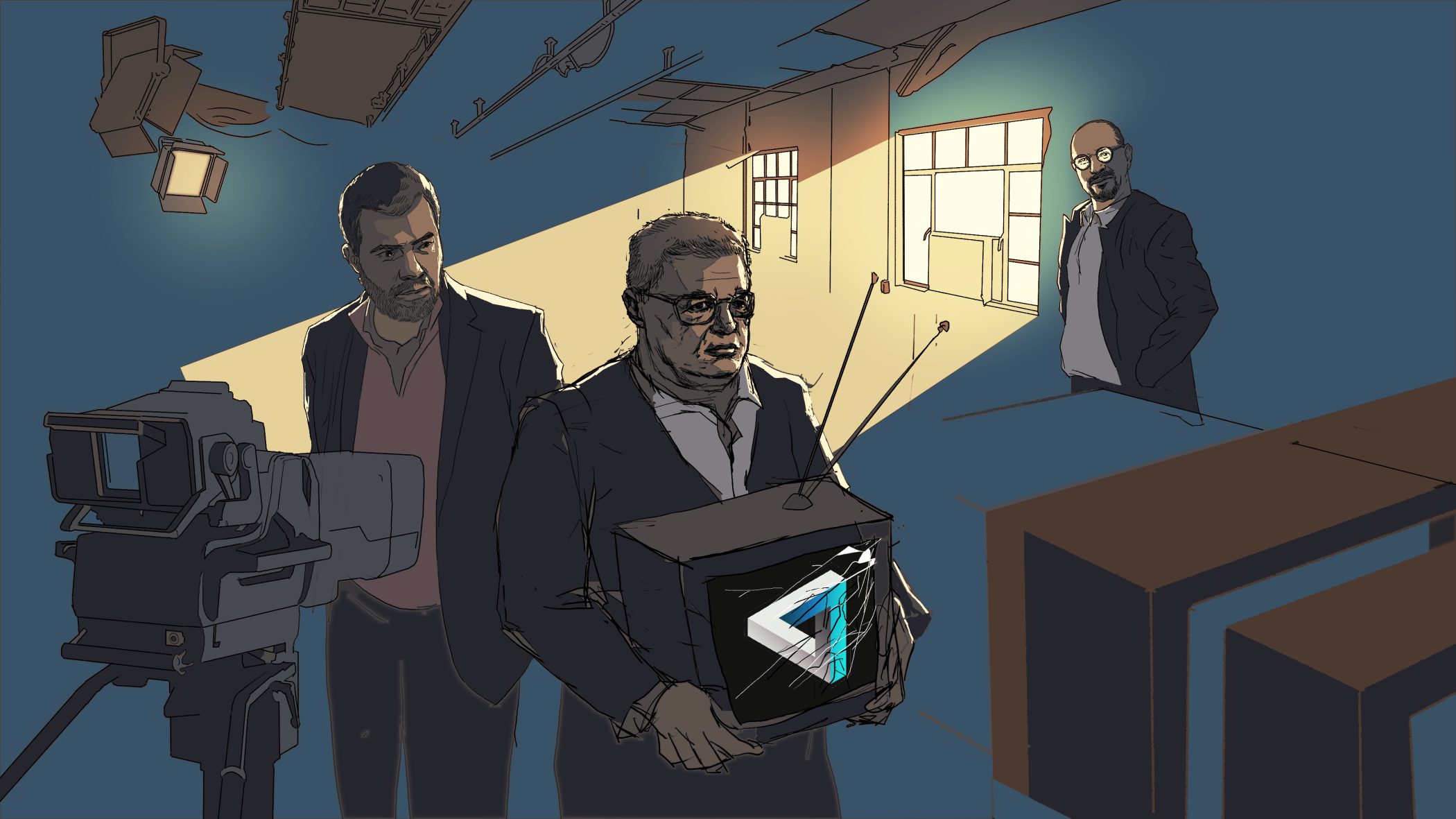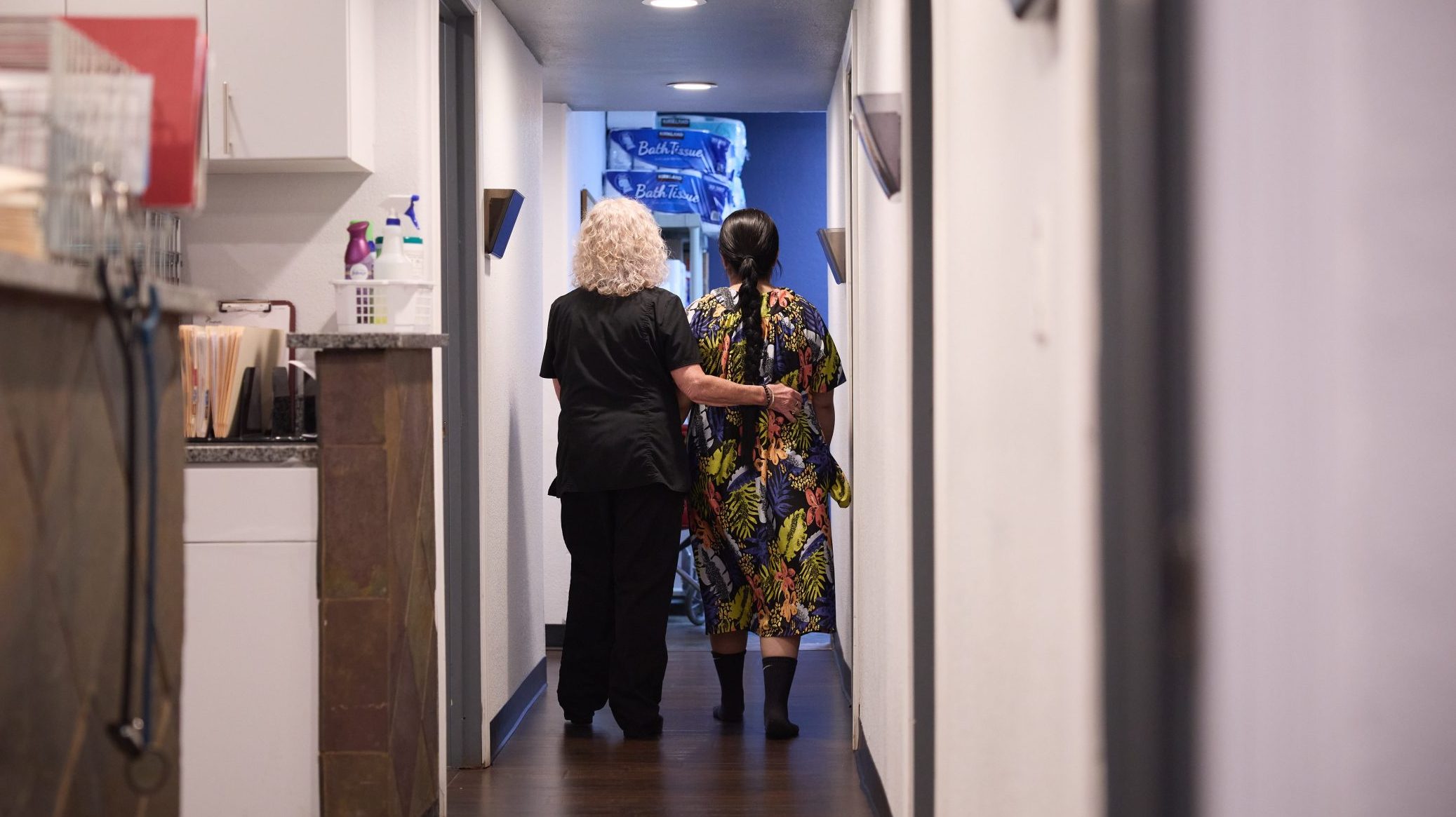Novak Stjepanovic was sentenced to 13 years in prison in Serbia for war crimes in Bosnia in 1992, but he had already skipped the country to join Russian forces fighting...
BIRN journalists obtained access to private Telegram groups where recruiters lure Serb mercenaries from Bosnia and Serbia to join Russian forces in Ukraine with promises of lucrative contracts and veterans’...
BIRN pieces together an alleged Russian agent’s arrival, illegal departure and ill-fated return to Bosnia and Herzegovina, where he was arrested last year on a Polish warrant accusing him of...
BIRN follows the brazen trade in date mussels from the Adriatic seabed to restaurant tables across Bosnia and Herzegovina despite an 11-year-old ban to protect the seabed from their destructive...
A US arms firm explored importing 122,000 tons of Chinese TNT into Bosnia via a local arms producer it part owns. The deal never went ahead, but the amount on...
It remains unclear why war crimes prosecutors in Bosnia have never investigated Bosnian Croat lawmaker Dragan Konta despite a 2017 court ruling identifying him as the military police commander at...
A joint investigation by BIRN’s Bosnia and Hercegovina outlet Detektor and Moldovan CU SENS sheds new light on the training camps run by Russian operatives in Bosnia and Serbia that...
Those involved say UNA TV was founded in 2021 on a commitment to professional, independent journalism, but was this ever likely given the involvement of the son of Bosnian Serb...
Taking money and inspiration from the United States, anti-abortion groups are growing in influence in Bosnia and Herzegovina, sometimes with public funding too.
